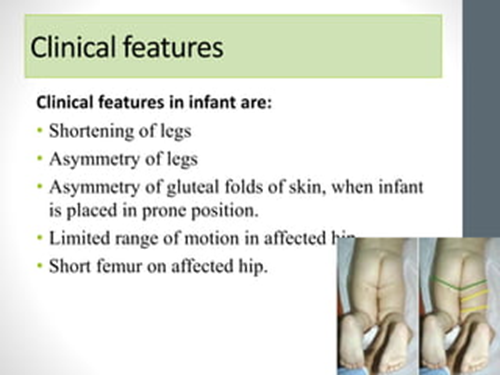A nurse is reinforcing teaching about controlling a bleeding episode with a parent of a child who has hemophilia. Which of the following statements by the parent indicates a need for further teaching?
“I will elevate the affected area if possible."
“I will apply warm compresses over the site."
“I will have my child rest.”
“I will promptly immobilize the involved area to relieve pain & decrease bleeding."
The Correct Answer is B
A. "I will elevate the affected area if possible."
This statement is correct. Elevating the affected area can help reduce swelling and minimize bleeding by promoting venous return. Elevating the limb above the level of the heart can aid in controlling bleeding and is a recommended intervention.
B. "I will apply warm compresses over the site."
This statement is incorrect. Applying warm compresses is generally not recommended for controlling bleeding in hemophilia. Heat can increase blood flow to the area, potentially exacerbating bleeding. Cold compresses or ice packs are typically recommended to help constrict blood vessels and reduce bleeding.
C. "I will have my child rest."
This statement is correct. Resting is an essential component of managing bleeding episodes in children with hemophilia. Physical activity and exertion can increase the risk of injury and bleeding, so it's important for children with hemophilia to avoid strenuous activities during bleeding episodes.
D. "I will promptly mobilize the involved area to relieve pain & decrease bleeding."
Immobilizing the affected area can help control bleeding and reduce pain by minimizing movement. This is also an appropriate response.
Nursing Test Bank
Naxlex Comprehensive Predictor Exams
Related Questions
Correct Answer is D
Explanation
A. Place the infant in prone position.
This option is incorrect. Placing the infant in the prone position (lying on the stomach) could put pressure on the spinal lesion, potentially causing discomfort or complications. It's important to minimize pressure on the affected area in infants with spina bifida.
B. Cover the infant's lesion with a dry cloth.
This option is incorrect. While keeping the lesion clean and dry is important for preventing infection, simply covering it with a dry cloth may not provide adequate protection. Proper wound care techniques, such as using sterile dressings and cleaning the area with prescribed solutions, are typically necessary to prevent infection and promote healing.
C. Feed the infant through an NG tube.
This option is incorrect. While infants with severe forms of spina bifida may have difficulty feeding due to associated complications, such as difficulty swallowing or weak sucking reflexes, feeding through a nasogastric (NG) tube is not a standard intervention for spina bifida itself. Feeding methods would depend on the specific needs and abilities of the infant, and may involve breastfeeding, bottle-feeding, or other methods under the guidance of healthcare professionals.
D. Diapering over a low defect will keep the infant free from infection.
This option is correct. Diapering over a low defect (the opening in the spine caused by spina bifida) helps to keep the area clean and reduce the risk of infection. By properly covering the defect with a diaper, exposure to urine and feces, which can increase the risk of infection, is minimized. Additionally, regular diaper changes and proper hygiene practices are essential for preventing complications in infants with spina bifida.
Correct Answer is ["A","D"]
Explanation
A. Inwardly turned foot on the affected side.
This finding is consistent with DDH. In infants with DDH, the affected leg may appear shortened and rotated inwardly due to hip instability or dislocation.
B. Lengthened thigh on the affected side.
This finding is not typically associated with DDH. In fact, the affected thigh may appear shortened rather than lengthened due to abnormal positioning of the hip joint.
C. Absent plantar reflexes.
Absent plantar reflexes are not directly related to DDH. Plantar reflexes assess the function of the spinal nerves in the lower extremities and are not typically affected by hip dysplasia.
D. Asymmetric thigh folds.
This finding is consistent with DDH. Asymmetric thigh folds, where one thigh appears fuller or has more skin folds compared to the other, can be indicative of hip dysplasia. The skin folds may be more prominent on the unaffected side due to the displacement of the femoral head on the affected side.

Whether you are a student looking to ace your exams or a practicing nurse seeking to enhance your expertise , our nursing education contents will empower you with the confidence and competence to make a difference in the lives of patients and become a respected leader in the healthcare field.
Visit Naxlex, invest in your future and unlock endless possibilities with our unparalleled nursing education contents today
Report Wrong Answer on the Current Question
Do you disagree with the answer? If yes, what is your expected answer? Explain.
Kindly be descriptive with the issue you are facing.
